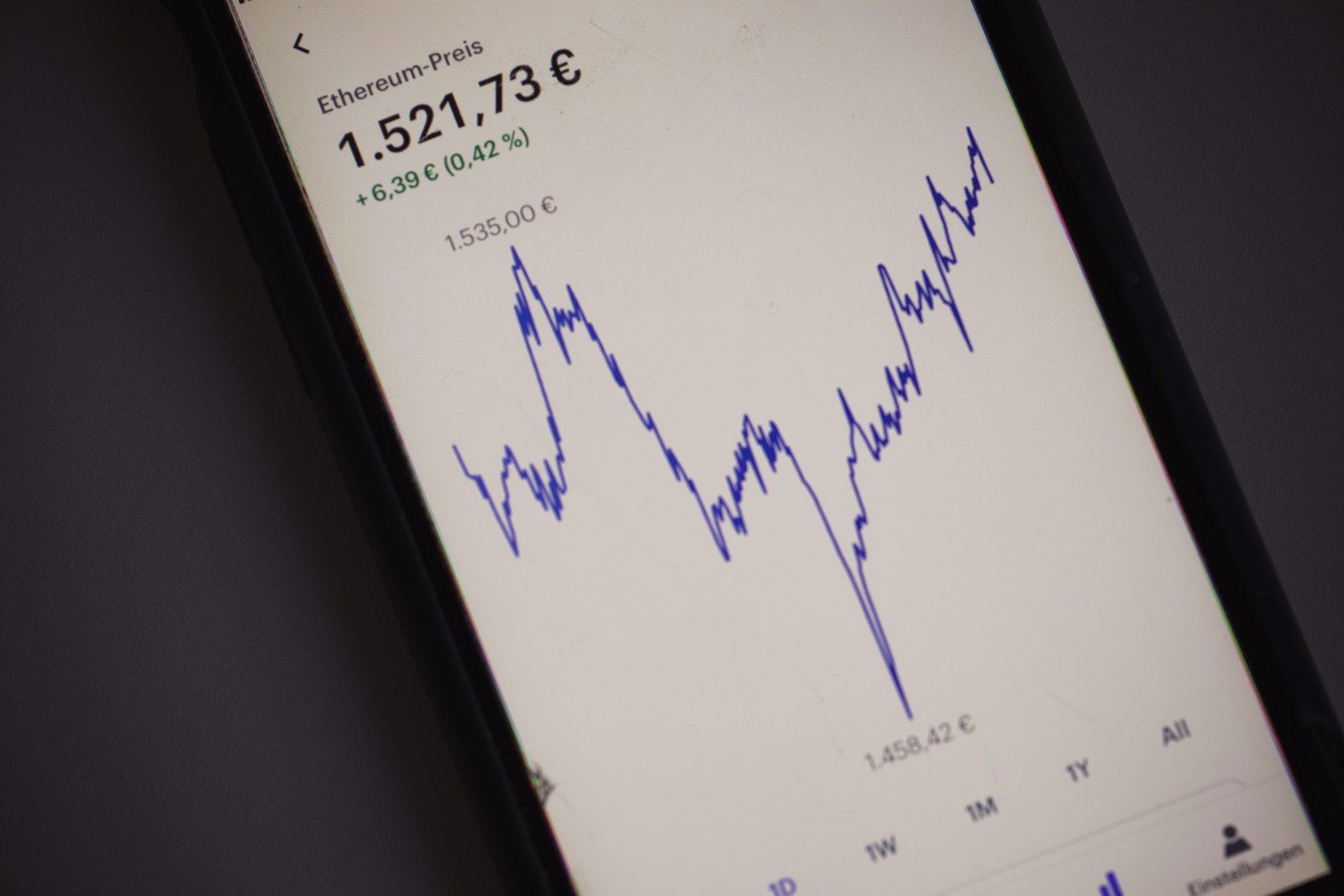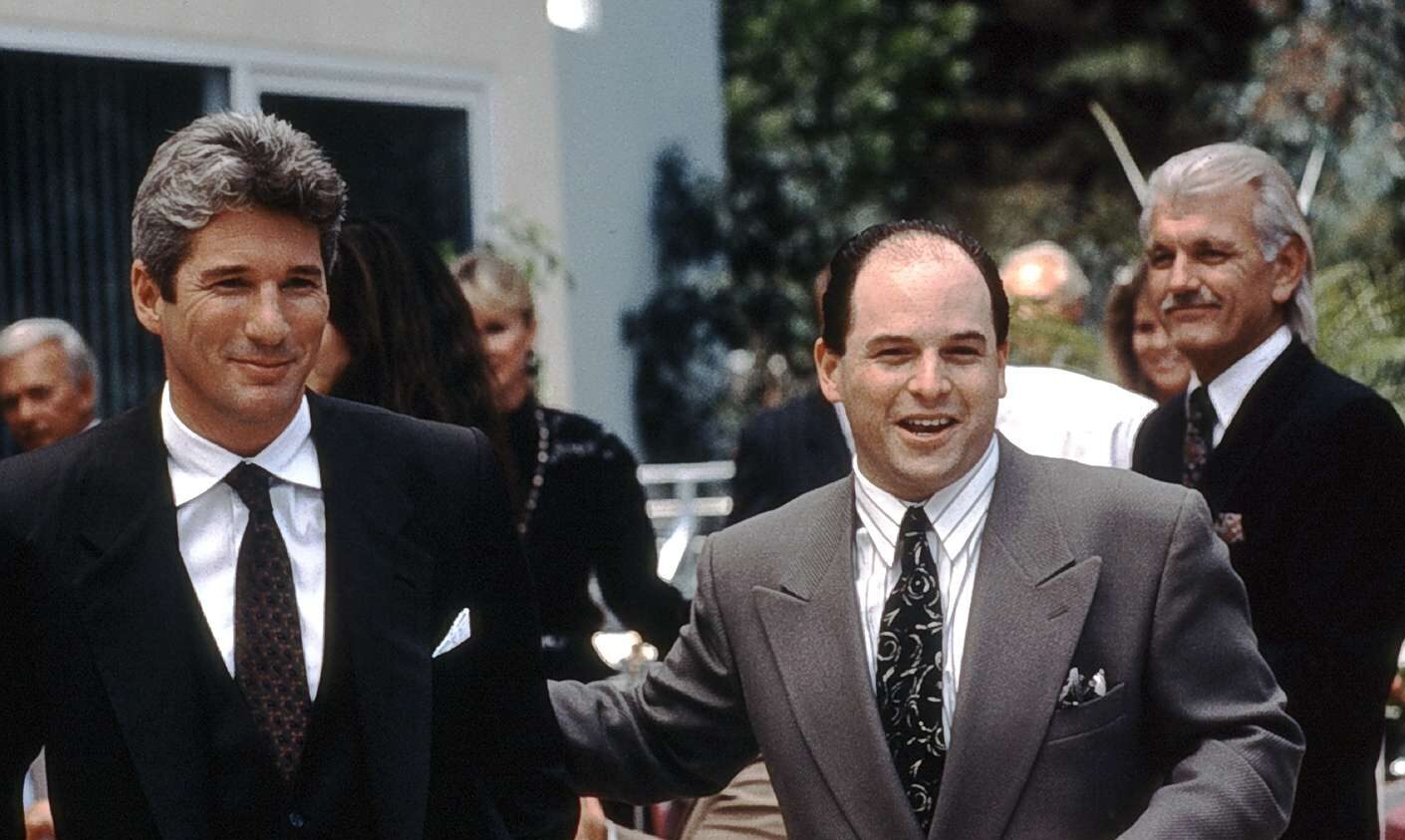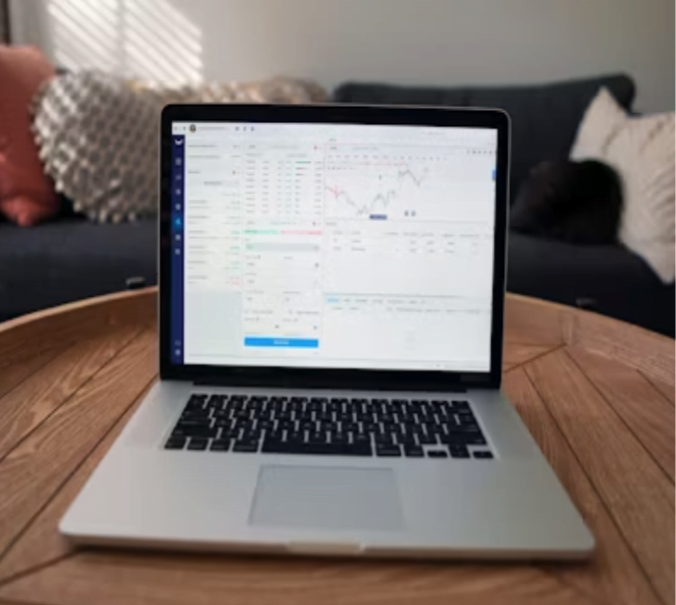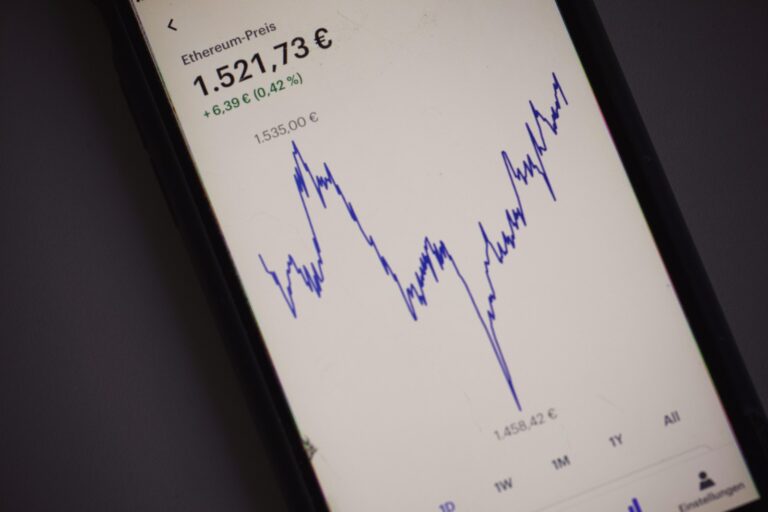Every company wants an edge. A way to win more deals, hire faster, and outmaneuver the competition. They invest in CRMs and marketing automation—chasing better pipelines and more efficient workflows.
Yet, they ignore one of the most valuable assets they already own: their alumni network.
Every year, employees leave companies. Some launch startups. Others climb the ranks at Fortune 500s. Some become customers, investors, or future hires. Yet most companies treat their alumni network as an afterthought—if they track it at all.
That’s a mistake. Because alumni networks are an unfair advantage hiding in plain sight.
Why Alumni Networks Matter More Than Ever
The way business works has changed. Traditional cold outreach and generic hiring pipelines aren’t enough. Relationships drive decisions—especially at the highest levels.
Three things have made alumni networks more valuable than ever:
- Job churn is at an all-time high. The median job tenure is shrinking—employees move every 2-4 years. That means your alumni network is growing faster than ever.
- Alumni are climbing the ranks. Many former employees become executives, customers, and investors at key companies.
- Warm introductions outperform cold outreach. Decision-makers don’t respond to cold emails. They take meetings through people they trust—often former colleagues.
Despite this, most companies aren’t tracking, engaging, or leveraging alumni relationships in any meaningful way.
The Proof: PayPal Mafia & The Power of Alumni
If you want proof that alumni networks are more than just a feel-good initiative, look at the PayPal Mafia.
When PayPal was acquired by eBay in 2002, its founding team didn’t just scatter—they stayed connected, collaborated, and reinvested in each other. The result? A network effect of innovation and wealth creation that still dominates Silicon Valley today.
Instead of simply maintaining casual connections, former PayPal employees built the next generation of tech giants together:
- Elon Musk → Tesla, SpaceX, Neuralink, OpenAI
- Peter Thiel → Palantir, Founders Fund, early Facebook investor
- Reid Hoffman → LinkedIn, Greylock Partners
- Max Levchin → Affirm, Yelp
- David Sacks → Yammer, Craft Ventures
- Keith Rabois → OpenDoor, Khosla Ventures
- Jeremy Stoppelman & Russel Simmons → Yelp
They didn’t just stay in touch—they leveraged each other’s networks, funding, and expertise to accelerate success.
What Companies Can Learn from the PayPal Mafia
Most companies ignore their alumni after they leave, treating them as former employees instead of future partners, customers, and investors.
But the smartest organizations recognize that their best alumni:
- Start companies → Which can become customers, partners, or investments.
- Climb to leadership roles → Making them decision-makers at top companies.
- Trust each other → Making business between them faster, easier, and warmer.
What if your alumni network could do what PayPal Mafia did?
- Instead of just maintaining an alumni network, activate it.
- Instead of just tracking career moves, act on them.
- Instead of just staying in touch, build new opportunities together.
Alumni networks aren’t just a corporate asset—they are a multiplier effect waiting to be unleashed.
Market-leading organizations don’t just track their alumni—they activate them.
They treat their alumni network as a strategic growth engine, driving revenue, hiring, and deal-making.
1. Alumni Networks as a Sales Accelerator
- A warm introduction from an alum can cut months off a sales cycle.
- A well-connected alum can help navigate an org chart faster than any research tool.
- Companies that integrate alumni data into sales workflows see higher conversion rates and shorter deal cycles.
Real Example: A consulting firm using relationship intelligence realized that a senior executive at a Fortune 500 prospect was an alum. Within 48 hours, they secured a meeting—leading to a multi-million dollar contract.
2. Alumni Networks as a Hiring & Recruiting Engine
- Alumni are prime candidates for re-hiring (boomerang hires)—bringing back institutional knowledge.
- They are trusted referral sources—helping companies land top talent.
- Companies with active alumni recruiting pipelines reduce hiring costs and time-to-hire significantly.
Real Example: A high-growth startup tracked alumni career moves and re-hired a former engineering lead after two years at a FAANG company—saving months of ramp-up time.
3. Alumni Networks as an Innovation & Investment Hub
- Former employees start companies, lead corporate VC funds, and launch new initiatives.
- A strong alumni network helps companies identify partnership opportunities before competitors.
- Some of the world’s best-known companies—McKinsey, Goldman Sachs, and BCG—use alumni networks to source deals and startup investments.
Real Example: A fintech company leveraged alumni connections to identify a high-potential startup before it hit the mainstream, leading to a lucrative early-stage investment.
What’s Missing: Relationship Intelligence
Most companies don’t tap into alumni networks because they lack the infrastructure to track and activate relationships at scale.
- Who are your most influential alumni?
- Which alumni are now decision-makers at key accounts?
- How can employees leverage alumni connections at the right moment?
The answer isn’t more spreadsheets or another networking event. It’s relationship intelligence—using AI and data to surface the right alumni connections at the right time.
With the right system in place, every employee can tap into the full power of their company’s alumni network in real time—whether they’re closing a deal, making a hire, or forging a new partnership.
Last mover Disadvantage: The Companies That Don’t Get This Right Will Lose
For years, companies have treated alumni networks as a nice-to-have, not a must-have. That’s about to change.
Now that a few market leaders have it, everyone needs weaponize their alumni networks—not as an afterthought, but as a core competitive advantage to level the playing field.
Because in today’s world:
- Deals aren’t won on cold outreach—they’re won through trust.
- Hiring isn’t just about job posts—it’s about networks.
- Partnerships don’t start with a pitch deck—they start with relationships.
The companies that build an AI-powered alumni strategy today will:
- Close more deals through warm introductions.
- Hire top talent faster and cheaper.
- Unlock strategic partnerships and investments before competitors.
The old way of doing business is over. The companies that recognize alumni as their secret weapon will dominate their industries.
The only question is: Will your company be one of them?















